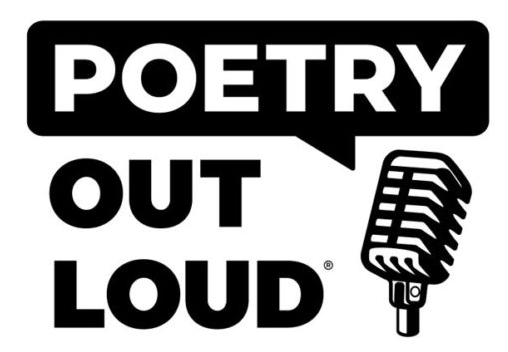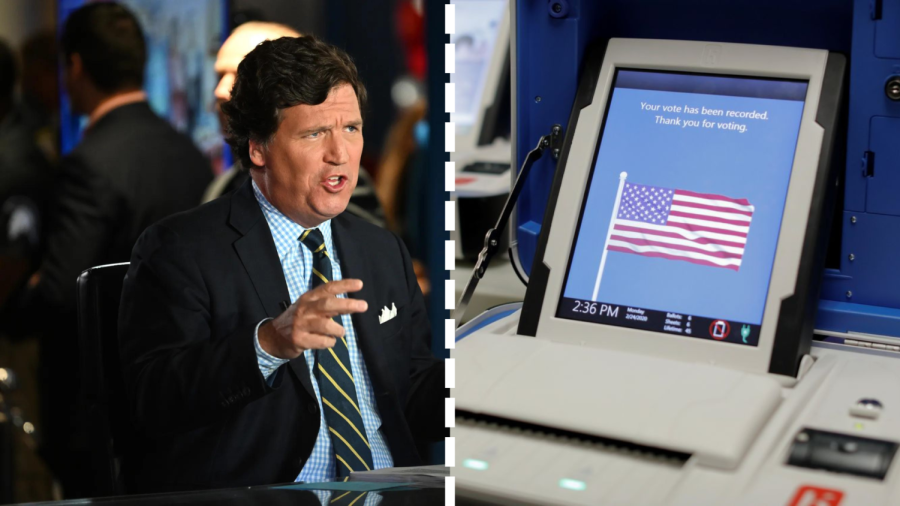The American Jobs Act has caused considerable controversy since its public debut on September 9. The mixed reception towards the bill was expected from such a large piece of legislation, especially in the current political climate. Most Americans have heard about the bill and the opinions surrounding it, but few truly know what the bill proposes.
First, the bill petitions Congress to implement tax cuts to help America’s small businesses as well as American workers and their families. President Barack Obama hopes to achieve this by cutting payroll taxes, allowing home owners who are drowning in the housing market to refinance, and implementing reforms to help small businesses and entrepreneurs succeed.
Secondly, the bill seeks to put workers back on the job while rebuilding and modernizing the nation. This particular part of the bill resembles the New Deal, which created jobs for the unemployed, benefiting both the workers and the United States as a whole. The bill would create pathways to help the unemployed find jobs through innovative reforms to America’s infrastructure.
Finally, the President promises that this plan will be fully paid for as part of his long-term deficit reduction plan by asking the Joint Committee to re-examine America’s finances, find ways to cut back on unnecessary spending, and allow new relief programs to begin.
Unlike many political arguments, this bill does not have two clear sides. Some ardently support it, some firmly oppose, and even more are on the fence. Political leaders generally disapprove of the American Jobs Act; many of these politicians refer to the recent failures of similar pieces of legislation for validation. The President has introduced many stimulus packages during his presidency, which have failed to create a difference and fulfill their purpose of helping the economy. Some feel that the American Jobs Act will go the same way as those previous packages.
Others find fault in the cost of this bill, recognizing that the government faces crushing debt and has yet to find a way to lighten this overwhelming burden. Although the President has proposed paying for this bill through new budget cuts, politicians struggle to agree on the programs to cut. A majority of Republicans refuse any tax hikes, especially those on the wealthy, while both parties struggle to decide on which programs to cut spending. This leads to a serious problem when lawmakers discuss the funding of this bill.
Another argument against the American Jobs Act is its size. Republicans especially are wary about enacting such a broad piece of legislation. Politicians who have witnessed the political boxing match between the two parties are concerned about another fight that would only further halt progress. Currently, the debate over the bill has degenerated into a partisan feud with each side toting the party line.
Those in favor of the bill are less concerned with its size and more concerned with its potential to revive the economy. MSNBC conducted a recent poll that found that the majority of Americans favor of the bill in spite of the controversey. They hope that the President will fulfill his promise to help our economy and the people who have felt its effects. Helping the middle class will probably involve raising taxes on the wealthy while cutting taxes for small businesses and lower-class Americans. This has gained large support from those who believe these tax reforms will bring economic stimulus and give relief to the many middle- and lower-class Americans hit hard by the recession.
Furthermore, modernizing our nation and putting Americans back to work remains a priority of both parties, despite their different approaches. This bill has the potential to create thousands, even millions, of jobs despite its drawbacks. It will also make finding jobs easier by implementing programs which create direct pathways between out of work people and jobs. Finally, it will provide funding to law and fire departments as well as put teachers back to work. This aid comes from a piece of the Act which sets aside federal funding for public servants and underfunded educational programs.
There is still a chance that the American Jobs Act will see the light of day, but it probably won’t be in the way that Democrats envisioned. Even though the bill’s size has caused contention, most politicians agree that the reforms it suggests need to take place, albeit with minor improvements. The President has responded to these concerns by suggesting that Congress break the bill down into smaller pieces of legislation. Hopefully this alteration will allow the bill to pass and create the change it was meant to create.
I personally support the American Jobs Act and hope that it will usher in a new set of reforms. Not only do I approve of the fiscal alterations proposed to fund this bill, but I also like the policies and programs it would create. Like many Americans, I have felt the burden of the financial crisis in my own family. This piece of legislation has the potential to create a big difference for Americans despite the political objections it faces. If the political parties could put aside their personal agendas for the good of the nation, they could provide a lifesaver for many struggling families.








